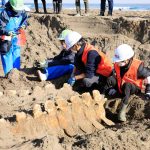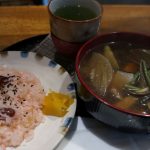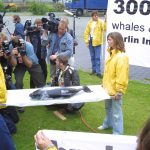Whaling Today is updated several times a month with articles and essays from cetacean scientists, whaling experts, and other opinion leaders from Japan and around the world. Check this page for the latest content.
-

Whale Meat Cookies and Other Wakayama Specialties Make Sampling Fun
Whale meat cookies? Wakayama has developed a line of its delicious regional foods that lets you experience this savory delicacy in one whole, colorful set.
-
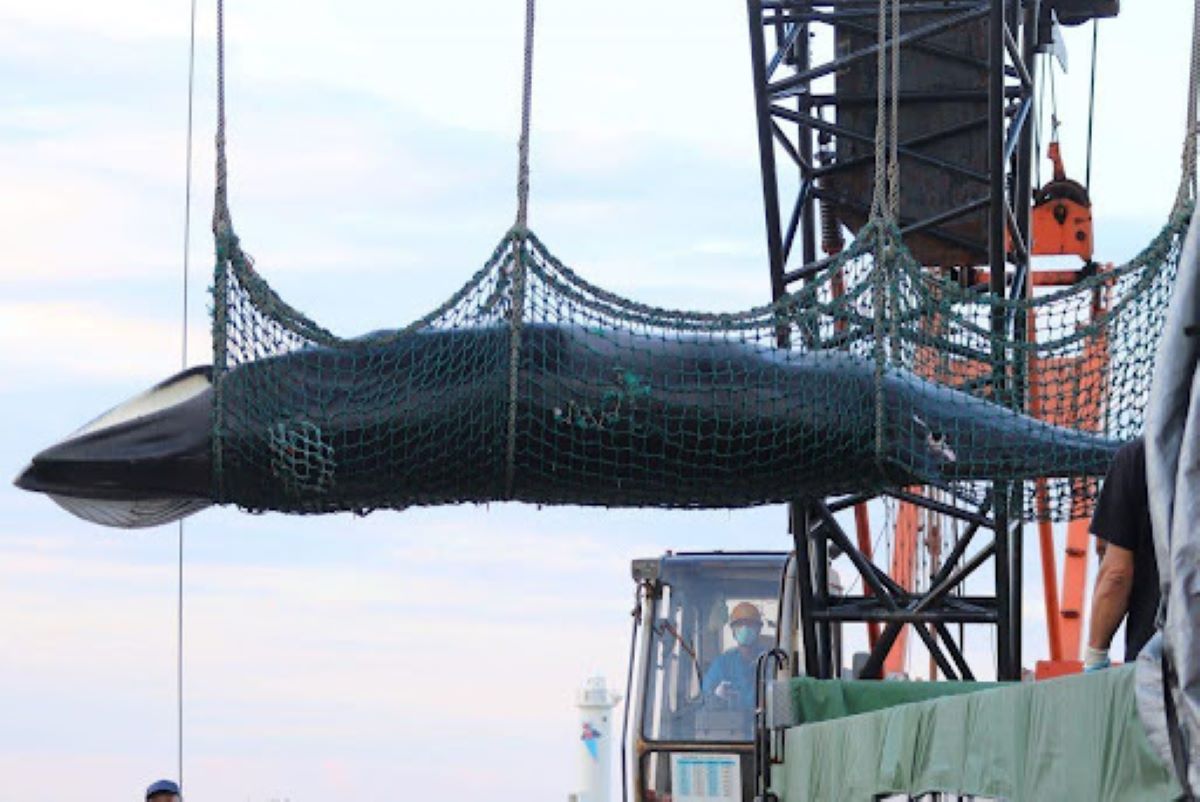
Two Historic Whaling Bases Collaborate to Preserve Culture and Cuisine
Eastern Hokkaido’s rich whaling history and traditions of whale culture and cuisine are thriving in Abashiri and Kushiro. Both towns are happy to share.
-
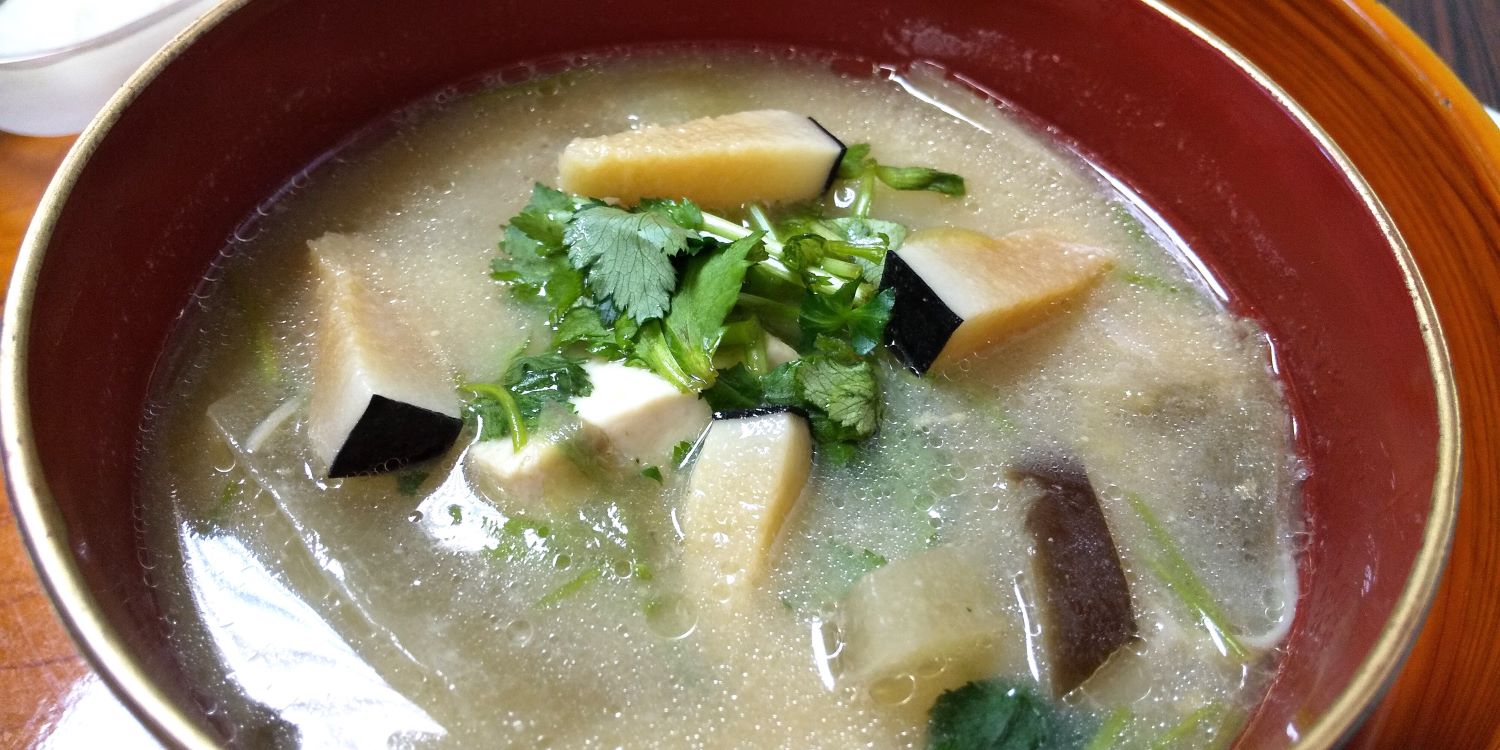
Discover Wonderful Whale Traditions: Stamina Soup and Salted Whale Skin
Join a journey to Niigata to explore local whale cuisine and culture, including seasonal, stamina-building dishes like whale soup and salted skin.
-
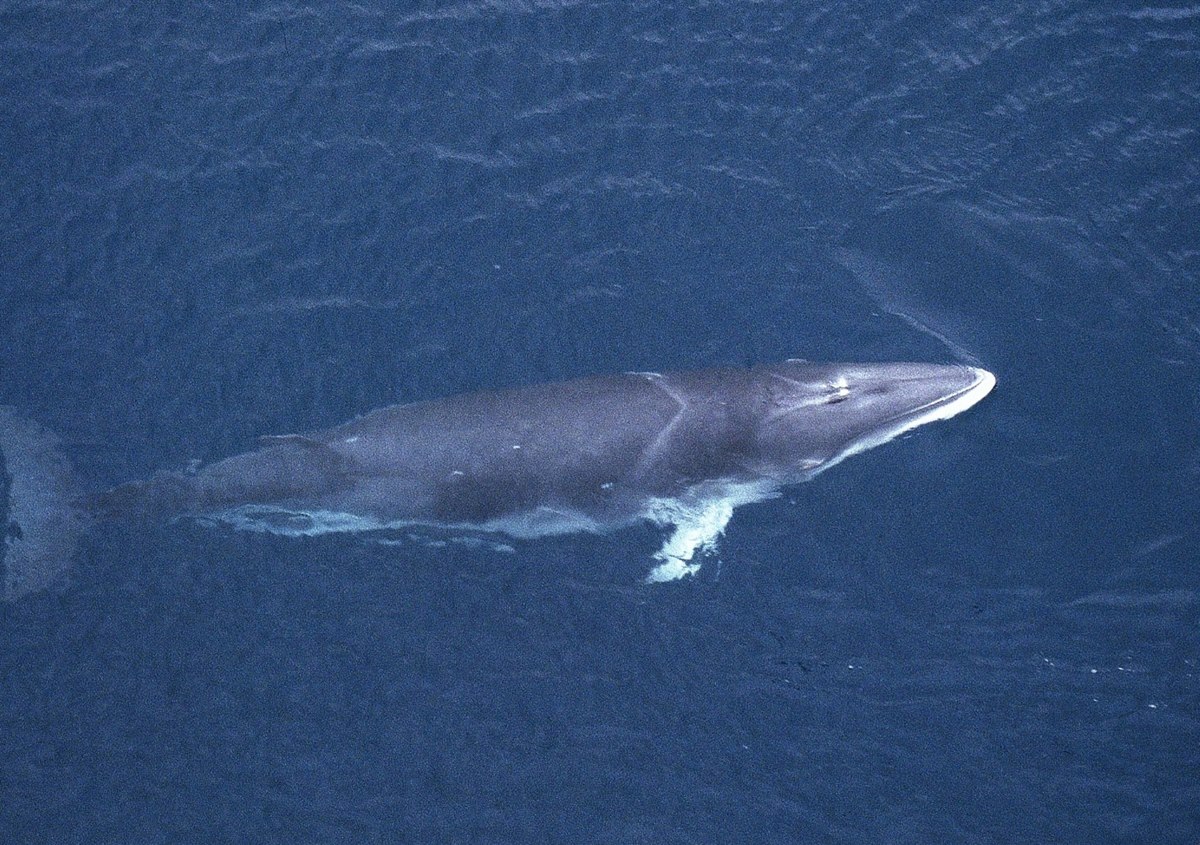
Great Whale Genetics Surveys Reveal Changes in Distribution and Abundance
Japan’s research in the Antarctic reveals that, as great whale populations rebound, distributions and the balance among species are shifting again.
Antarctic Whales: Insights from Decades of Research
Japan’s long-term surveys of whales in the Antarctic Ocean have deepened understanding of the region’s whale populations. What scientists learned.
Whale-Themed Festivals Make a Special Summer Splash Across Japan
[Sponsored] Discover the deeper connection of Japanese culture to the sea in this summer’s whale-themed festivals from Yamaguchi to Mie and Miyagi.
IWC69 Report: What the Results Show Us
[SPONSORED] The International Whaling Commission strayed further from its original purpose at IWC69. Should it evolve into an NGO instead of an IGO?
IWC69 Report: Nonbinding Resolutions Highlight New and Old Trends
[SPONSORED] Members submitted nonbinding resolutions at IWC69, revealing a wide divide between anti-whaling nations and the ones supporting sustainable whaling.
IWC69 Report: Catch Quotas and Sanctuary
[SPONSORED] IWC69 applied the automatic renewal of Indigenous whaling strike limits for the first time. With this option, is there a need for the commission?
IWC69 Report: Main IWC Agenda Items of the Session
[SPONSORED] From the choice of location to language and the lack of travel support, why did the IWC69 create hurdles for developing country members?
IWC69 Report: Has the International Whaling Commission become a Zombie?
[SPONSORED] Dr Joji Morishita, Japan’s non-member observer to the IWC, discusses IWC69 and prospects for the whaling commission’s future in a 5-part series.
Fisheries and Food Security in Japan’s Rich Waters
[SPONSORED] Achieving sustainable use requires more food self-sufficiency, using diverse local fisheries and whale resources.
Getting to Food Security with More Variety in Food Sources
[SPONSORED] It is “reckless and dangerous” to global food security that 90% of humanity’s food supply is supported by only 23 foodstuffs.
Whales in the Context of Food Security
[SPONSORED] Diversifying local food sources, including whales, would help broaden the recklessly narrowed food basket of 23 species.
[Food Trek] Kochi Celebrates its Whale Cuisine and 400 Years of Whaling
Visit Cape Muroto in Kochi and learn more about living with whales at the museum, then sample delicious local whale cuisine at friendly local restaurants.
Endangered Gray Whale Bones Unearthed as Students and Researchers Take On Super Science Project
Japanese students learn about the ocean in a project helping university researchers to recover the bones of an endangered gray whale in Chiba that died in 2016.
[Food Trek] Hakodate, Where Whale Soup is a New Year’s Dish and Every Household has its Own Recipe
“It is important not to lose our food culture” says Professor Takashi Matsuishi, adding that whale should be used “sustainably based on scientific evidence.”
IWC68: ‘Sustainable Use’ is the Next Challenge (Part 4 of 4)
After IWC68, the institution must adapt to include member countries deeply divided in their views toward living marine resources and values of sustainable use.
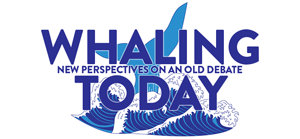
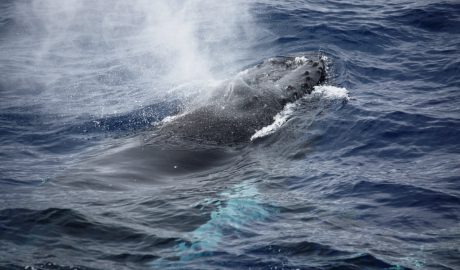
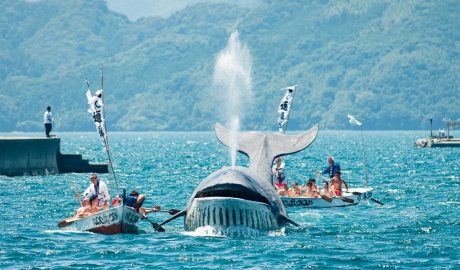
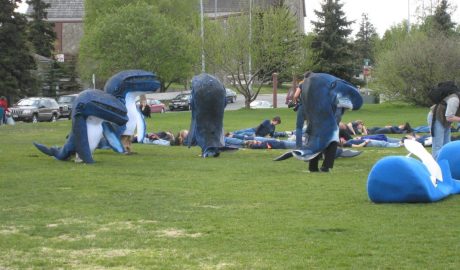
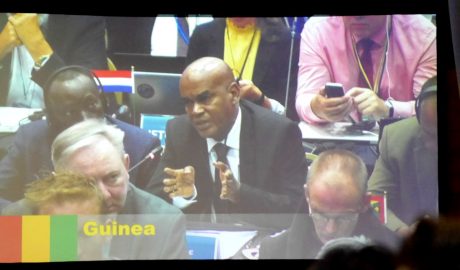
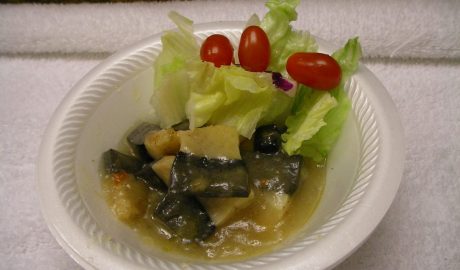



-Whaling-Today-November-8-rrss-rotated-1-150x150.jpg)


